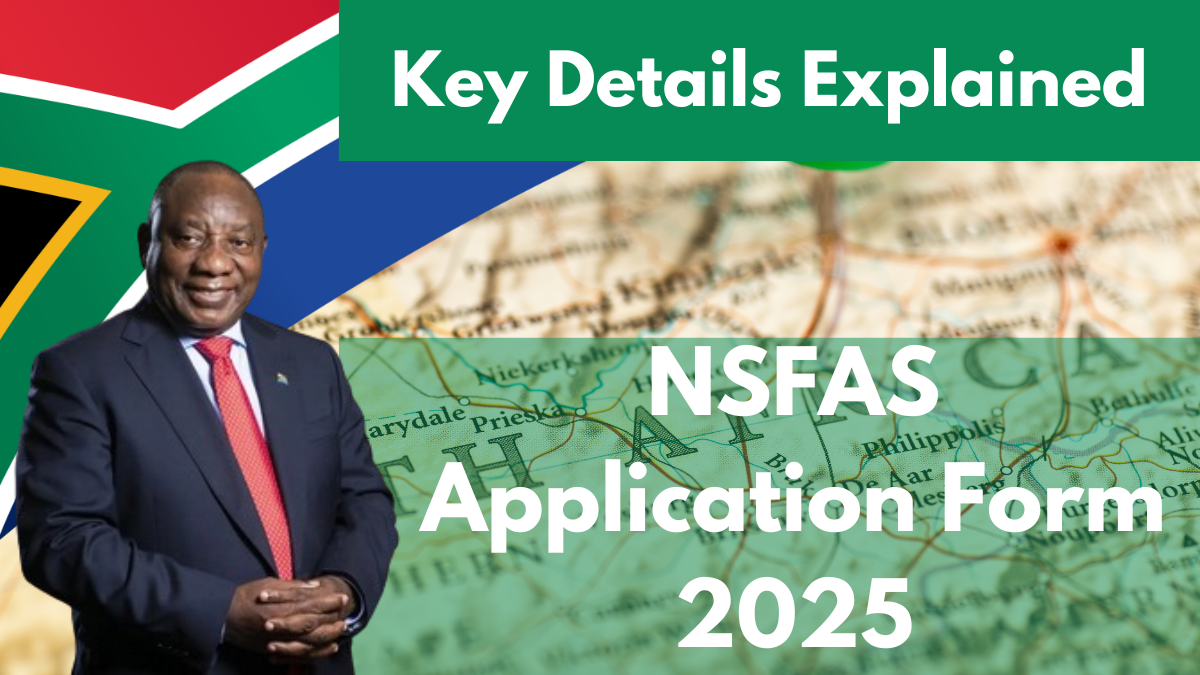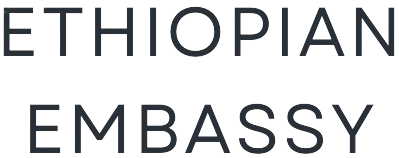The National Student Financial Aid Scheme (NSFAS) is a South African government initiative designed to assist students from financially disadvantaged backgrounds in accessing higher education. Managed by the Department of Higher Education and Training (DHET), NSFAS provides funding for tuition fees, accommodation, and essential living expenses for eligible students. Unlike traditional loans, NSFAS bursaries do not require repayment, making them a crucial support system for aspiring students who lack the financial means to pursue tertiary education.
For the 2025 academic year, NSFAS is set to provide financial aid to approximately 690,000 students, reinforcing its role as one of South Africa’s most significant educational funding programs.

NSFAS Bursary 2025: Key Details
| Feature | Details |
|---|---|
| Program Name | NSFAS Bursary |
| Administered By | Department of Higher Education and Training |
| Application Period | September 2024 – February 2025 |
| Target Audience | Academically capable but financially challenged students |
| Eligibility Criteria | SASSA grant recipients or households earning ≤ R350,000/year |
| Funding Coverage | Tuition fees, accommodation, and allowances |
Objectives of the NSFAS Bursary
The NSFAS bursary is aimed at ensuring that financial difficulties do not prevent academically deserving students from obtaining higher education. The main goals of the bursary include:
- Providing Equal Access: It supports students who are academically capable but face financial constraints.
- Supporting Underprivileged Students: The scheme primarily assists those who cannot afford alternative funding methods such as loans, scholarships, or private payments.
- Encouraging Enrollment in Public Institutions: The bursary covers students enrolled in public universities and Technical and Vocational Education and Training (TVET) colleges.
Step-by-Step Guide to Applying for the NSFAS Bursary
Eligibility Requirements
Before applying, ensure you meet the following eligibility criteria:
- You must be a South African citizen.
- If you are a SASSA grant recipient, you automatically qualify and do not need to submit proof of income.
- If you have a disability, you need to submit a Disability Annexure Form.
- Your household income should not exceed R350,000 per year (R600,000 for students with disabilities).
- You must be enrolled or planning to enroll in a public university or TVET college.
Application Process
Follow these steps to successfully apply for NSFAS funding:
| Step | Description |
|---|---|
| Visit the NSFAS Portal | Access the official website at www.nsfas.org.za. |
| Create a myNSFAS Account | Register using a valid email address and mobile number. |
| Start the Application | Log in to your account and click the “Apply” tab. |
| Complete the Online Form | Provide accurate personal, academic, and financial details. |
| Upload Required Documents | Submit ID copies, proof of income, academic records, and additional documents if applicable. |
| Review and Submit | Verify all details to ensure accuracy before final submission. |
| Await Confirmation | NSFAS will review applications and notify applicants about their application status. |
Important Notes
- Late applications will not be accepted.
- Ensure all information is accurate and complete to avoid delays.
NSFAS Allowances and Funding Breakdown
To help students cover the costs of higher education, NSFAS provides funding for various needs, including tuition, accommodation, and living expenses.
Eligibility for Allowances
Students must meet these requirements to receive allowances:
- Be a SASSA grant recipient or from a household with an annual income ≤ R350,000.
- Be enrolled in an NSFAS-approved program at a public institution.
Funding Coverage
| Category | Coverage Details |
| Tuition Fees | Full coverage for students at public universities and TVET colleges |
| Accommodation | University residence fees covered (private accommodation excluded) |
| Transport | Up to R10,000 per year for students living 40km+ from campus |
| Living Allowances | Includes financial support for food and study materials |
Academic Requirements for NSFAS Funding
To maintain NSFAS funding, students must meet the following academic criteria:
- TVET Colleges: Must pass Grade 9 to 12 subjects.
- Universities: Must hold a valid National Senior Certificate (NSC) and meet the institution’s admission requirements.
Managing Application Delays and Technical Issues
Common Challenges
Due to high application volumes, some students may experience issues such as:
- Slow application processing.
- Technical difficulties on the NSFAS website.
Solutions
- If your application status remains unchanged, be patient as processing may take time.
- If you face technical errors, try accessing the portal later or contact NSFAS support.
Key Benefits of NSFAS
- Financial Accessibility: Makes higher education attainable for low-income students.
- No Repayment Required: NSFAS bursaries are grants, meaning students do not need to repay the funding.
- Comprehensive Support: Covers tuition, accommodation, transportation, and living expenses.
Frequently Asked Questions (FAQ)
1. When is the NSFAS application deadline for 2025?
The application window runs from September 2024 to February 2025. Late submissions are not accepted.
2. Do I need to repay the NSFAS bursary?
No, NSFAS funding is a grant, meaning students do not have to repay it.
3. What happens if I fail my academic year?
NSFAS requires students to meet minimum academic performance standards. Failure to do so may result in suspension of funding.
4. Can I apply if my household income exceeds R350,000?
No, unless you are a student with a disability, in which case the income threshold is R600,000 per year.
5. Does NSFAS cover private accommodation?
No, NSFAS only covers university residence fees. Private accommodation costs are not included.
6. How do I check my NSFAS application status?
Log in to your myNSFAS account and navigate to the “Application Status” section.
7. Can postgraduate students apply for NSFAS?
Generally, NSFAS only funds undergraduate students. However, limited postgraduate programs may qualify for funding.
By following this guide, students can navigate the NSFAS application process smoothly and increase their chances of securing financial assistance for higher education in South Africa.
For More Information Click Here
